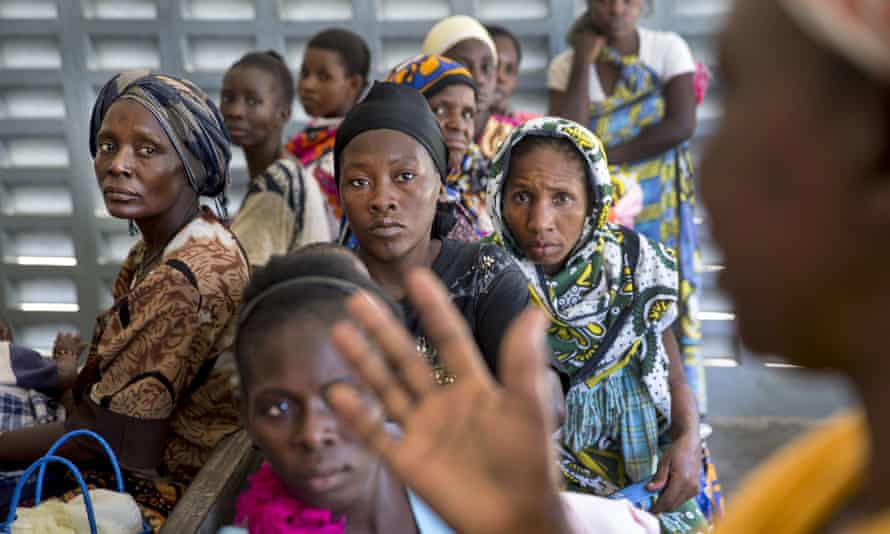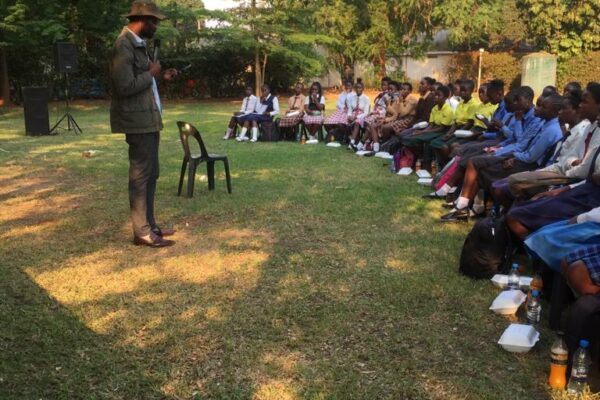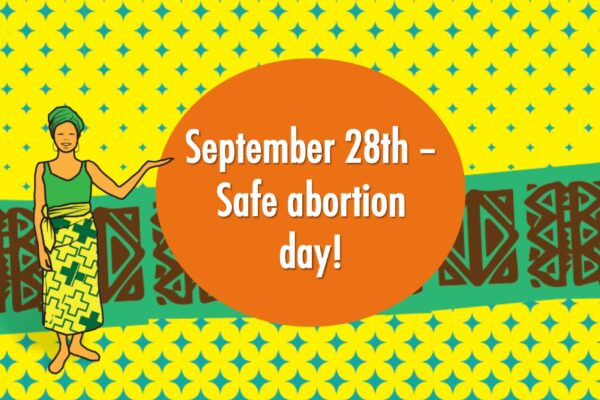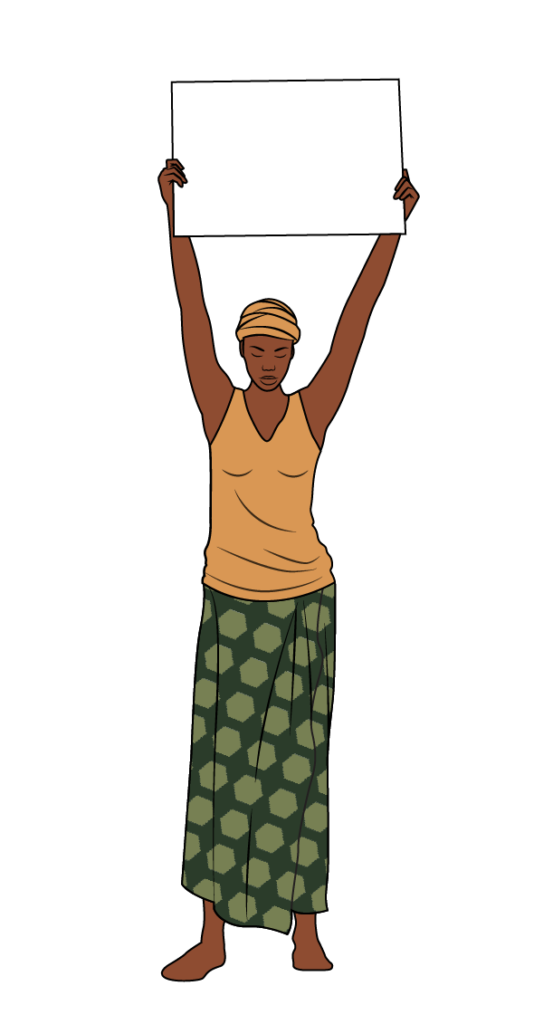
The issue of unsafe abortions is actually beyond what appears apparent to the naked eyes in the Zambian society which is praised for being a Christian society. Approximately 23% of incomplete abortions in Zambia are among women younger than 20 years, and 30-50% of gynecological admissions at the University Teaching Hospital result from unsafe abortion-related complications (Standards and Guidelines for Reducing Unsafe Abortion Morbidity and Mortality in Zambia-Ministry of Health). For every 1,000 women ages 15-29 in Zambia, there are over 30 deaths per year resulting from unsafe abortion, thousands more suffer injuries.
Findings on girls aged 13 -19 years old aimed at describing adolescent girls’ circumstances underlying the decision to resort to unsafe induced abortions found that most of the girls who resorted to unsafe abortions were single, in school, nulliparous with inadequate information on contraceptives. It was further found that the adolescent girl’s reasons for resorting to an unsafe abortion were fear of stigma and discrimination due to premarital conception such as parental disapproval, expulsion from school, and abandonment by the person responsible for the pregnancy.
In 2019, Contact Trust Youth Association (CTYA) conducted a mapping exercise to explore abortion stigma, its root causes, and related values, norms, and culture in the community in order to identify and document important community characteristics and issues that need to be addressed. Although most interviewed girls and young women were well aware of available medical abortion services in health facilities, they preferred using unsafe methods to going to clinics as they felt altitudes among health practitioners were a ‘let-down’.
“I tried drinking undiluted Mazoe drink and Muzwezi (local plant) boiled water but the pregnancy did not come out but left me sick for a couple of weeks, I could not come to the clinic because I was shy and have heard nurses shout at people before they can attend to them.” (Focus group discussion participant).
There is good evidence to suggest that adolescents (10–24 years) are at a greater risk of experiencing ‘illegal’ or ‘unsafe’ invasive procedures than older women, and are thus worthy of special attention. Illegal abortion in adolescents is linked to earlier onset of sexual activity, earlier pregnancy, and greater ignorance of contraception as compared with women seeking legal abortions.



